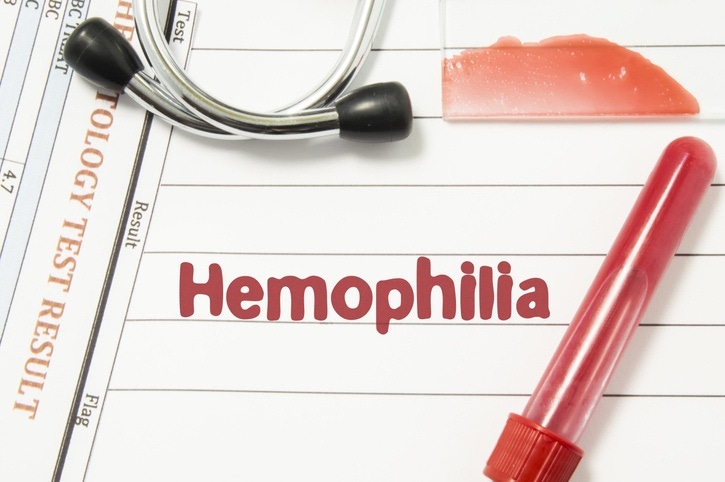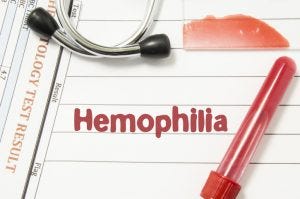Content Spotlight
Podcast: MilliporeSigma says education vital to creating unbreakable chain for sustainability
MilliporeSigma discusses the importance of people, education, and the benefits of embracing discomfort to bolster sustainability efforts.

Spark therapeutics has strengthened its manufacturing capabilities to achieve scale of 2×200-liter suspension upstream and 400-liter downstream to support its hemophilia A gene therapy candidate.
Spark Therapeutics – set to be acquired by Roche for $4.3 billion – made history in December 2017 when it won approval for the first the first gene therapy for a genetic disease in the US in the form of Luxturna (voretigene neparvovec).
Luxturna is approved to treat patients with a rare form of inherited vision loss, but the firm hopes to now utilize its production platform across a larger pipeline of gene therapy products, including hemophilia A candidate SPK-8011.

Image: iStock/Shidlovski
“We have long recognized and spoken about the importance of manufacturing and gene therapy and have successfully executed on Luxturna’s commercial manufacturing needs while creating and operating a serum free mammalian cell culture suspension manufacturing system that creates significantly greater clinical and commercial scale,” Spark’s CEO Jeffrey Marazzo said on a Q4 2018 conference call.
“I’m pleased to report that we now have demonstrated analytical, and non-clinical comparability and have FDA clearance for human dosing using the suspension made material for [SPK-]8011 hemophilia A.”
The firm has achieved a scale of 2×200-liter suspension upstream and 400-liter downstream in its manufacturing process to support clinical supplies and a potential commercial launch for the hemophilia A therapy.
While Marazzo did not disclose the projected number of patients per year that may be treated by SPK-8011 if it reaches commercialization but said: “We do not see any challenge of meeting that based on the 400 liter scale and the frequency in which you can cycle through and run batches in suspension.”
Last year, the firm initiated a Phase I/II clinical trial expansion for SPK-8011 incorporating a standardized, prophylactic steroid regimen. The US Food and Drug Administration (FDA) gave clearance to use the mammalian suspension culture material in the clinical trial.
“We are generating additional data on [SPK-]8011, including the incorporation of a standardized prophylactic steroid regimen aimed at addressing participants whose initial responses were not optimally controlled for long term expression, as well as dosing with material made from our suspension manufacturing process,” Spark’s president and head of R&D Katherine High added on the call.
“It’s important to note that the incorporation of prophylactic steroids is aimed at preserving an initial response to vector infusion, which was seen in all participants.”
For the full year 2018, total revenues stood at $64.7 million, including $27 million in Luxturna sales.
You May Also Like